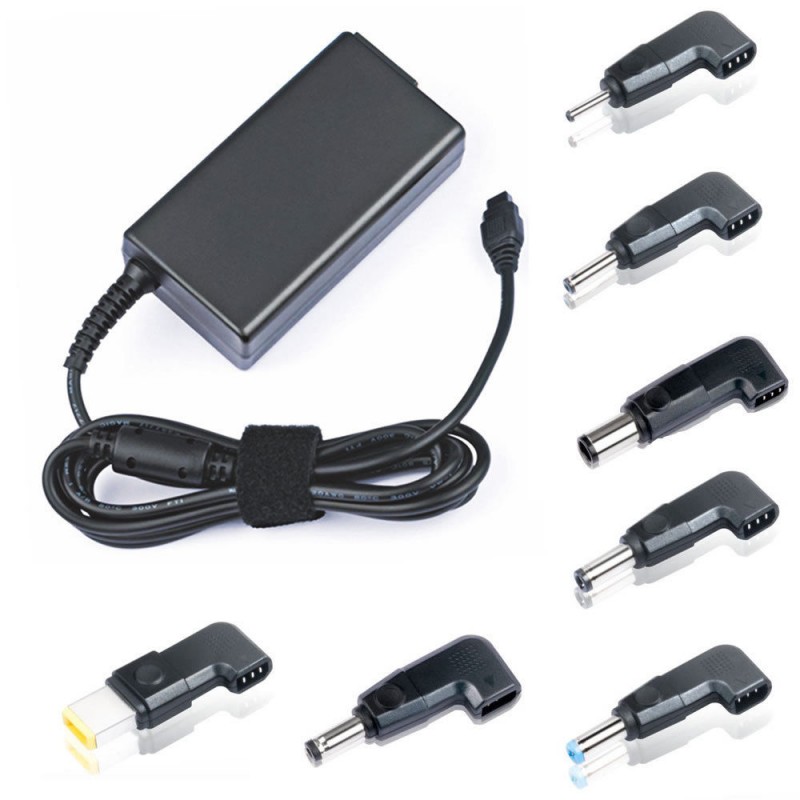If you’ve ever had to deal with any abrupt hardware breaks, upgrades, downgrades, or anything of the sort, then you likely know very well how annoying and cumbersome shopping for new hardware is, especially if that hardware hunting involves anything on the power supply front. At the end of the day you’re just looking to accomplish a simple, banal process (buy charger, plug charger into wall, plug charger into device, charge device), yet you have to account for all manner of intricacies (such as input power, output power, voltage, wattage, brand, model from said brand…) to accomplish that simple process. Not to mention, that device you believe may be charger may not actually semantically be considered a charger.
Like the confused 2nd grader who brings a Yu-Gi-Oh card deck to the schoolyard Pokemon battle, the confused champagne drinker who wonders why the “wine” cork bubbled up and ricocheted off his forehead, or the confused redneck trucker with pro-Chevy stickers adorned over his F-150’s bumper, many the confused grandparent or technologically illiterate luddite has erred the tragic, fatal flaw of conflating their adapter with a charger. So, how exactly does an adapter (specifically, a universal power laptop adapter) differentiate from a charger, and what exactly should you consider when buying an adapter for your laptop? Read on to learn more.
Adapters Vs. Chargers
It can be equal parts confusing and frustrating when retailers use the vernacular around similar (though not identical) products interchangeably; Coke or Pepsi, Sprite or Sierra Mist, Nintendo or PlayStation, Jeep, and Range Rover, and of course, chargers and adapters. The key difference to keep in mind when shopping for universal power laptop adapters are their role: chargers are a singular device converting high voltage AC outlet power into a low voltage DC phone. Adapters join two different things (device and outlet) together and are capable of adapting high voltage currents into both lowered AC and DC currents, depending on your laptop’s required output power settings. They can be sold together or separately, but regardless, do not buy an independent charging cable device with no adapter device, as it will essentially be useless without it. Only smartphones are usually sold with independent USB cables, but it’s still a factor you’ll certainly want to consider.
What Should You Look for In an Adapter?
Now that you know what the exact semantic difference between universal laptop chargers and universal laptop power adapters, you’ll want to look for, well, fundamentally the same aspects that you would look for in any piece of universal power supply hardware. Does it have a reasonably comfortable, ergonomic, and practical design? Is it compatible with a wide array of popular connector ports for the most popular laptop models on the market right now? Can you reap the maximum output power out of it without risking overpowering, subsequent hardware damage, or at worst, catching fire? Does it have a wide, vast 100-250 voltage range, ready to meet the wildly-varying standards of intercontinental electrical systems when traveling? These elements are all things which should be considered when buying universal laptop power adapters from any distributor.